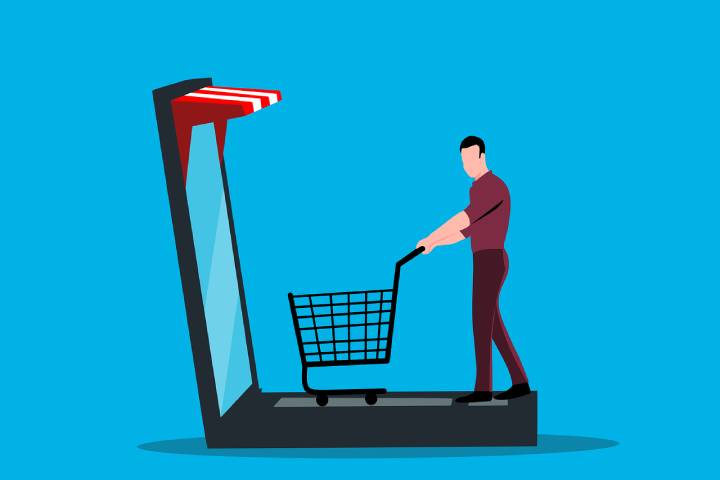How To Diversify Your Digital Sales Channels To Support Its Transformation?

The COVID-19 pandemic has turned B2B and B2C trade codes upside down. According to Marketing Charts, the revenue share of e-commerce was 40% before the health crisis and 52% in mid-2020. A study by Ibexa DXP, the digital experience platform expert in digital commerce solutions, proposes to return to digital channels and presents best practices for a transformation of traditional sales models towards compelling digital shopping experiences.
E-commerce sales increased dramatically in 2020, and according to McKinsey, only 20% of B2B buyers and sellers hope to return to traditional in-store models. The crisis has proven the importance of diversifying business models and digital income streams. The health crisis has intensified the challenges of the past. Companies must now reinvent themselves, thoroughly analyze their sales channels’ effectiveness, or even consider new ones.
How do B2B companies assess the risks and rewards of diversifying their digital sales channels? Where to start? Which channels to choose from? Ibexa DXP is a digital experience platform that supports B2B companies in transforming their traditional sales models into digital shopping experiences.
Through a free downloadable ebook, Ibexa DXP experts explain that B2B companies should assess their options and focus on the implications of diversifying their digital sales channels. According to them, three digital sales channel options are available to companies: marketplaces, direct digital commerce, and online resellers. Each of these options can provide considerable value depending on the stage of the company’s digitalization.
B2B Marketplaces
Today there are more than three hundred B2B marketplaces. These external sales channels, acting as intermediaries, connect businesses to their customers. This facilitates the entire sales process and, despite the cost of such solutions, the benefits are numerous. In this ebook, Ibexa DXP experts also explain that the long term risk can lie in price erosion and loss of brand authenticity.
However, since marketplaces are very localized, the pressure on brands is less, and they can stand out from the competition more easily. While the products and services of B2B companies with weak branding can be lost in the cloud of offers, market leaders leverage the power of their image and sometimes create their marketplace. As presented in the Ibexa DXP ebook, it is a question of thinking about several elements before deciding to join a marketplace.
For companies without a digital commercial presence and substantial brand value, marketplaces are a considerable asset in accessing the market quickly and efficiently. Marketplaces can also present the opportunity to capture new customers from competing products or solutions. Finally, customers benefit from the coupling of their purchase with other products. According to Ibexa DXP experts, the most effective solution is nonetheless direct digital commerce.
Also read: Digital Skills Of The Managers Will Decide The Success Of The Companies
Direct Digital Commerce
We could define direct digital commerce as exploiting the company’s e-commerce channel to reach an end customer (consumer, company, public body or others). Companies use their website and eventual application to sell their products directly and thus take advantage of their digital maturity. According to Ibexa DXP experts, this direct sales channel offers many opportunities. For some products and business models, this is the best route to market, and the benefits presented in the Ibexa DXP study are numerous.
Direct digital commerce is a massive opportunity for companies with a strong brand image capable of attracting large audiences to digital brand ownership. It also brings total control over pricing, promotions or packaging and enables personalized products and value-added services. A real asset for luxury or high-end product companies offers the best digital approach for advanced and complex pricing and is ideal for customer engagement. To find out more, consult the book of Ibexa DXP, the expert in the digital shopping experience.
Digital Commerce Via A Reseller
The third option presented by the experts at Ibexa DXP is digital commerce through the online reseller. Thanks to this solution, companies do not disrupt the value channel. They can rely on distributors and resellers to sell to their customers on the web – these customers most often being businesses. The objective here is to sell to distributors and provide them with the digital tools to trade.
The Ibexa DXP study explains that most B2B companies with a digital presence sell directly to other companies or networks of resellers and distributors online. Gartner estimates that by 2023, 70% of marketplaces will be open to B2B buyers. What are the advantages and strengths of this option? Ibexa DXP experts explain that this is a more natural extension of selling to intermediaries. Resellers provide additional support and services to their customers, thus making the products more attractive.






